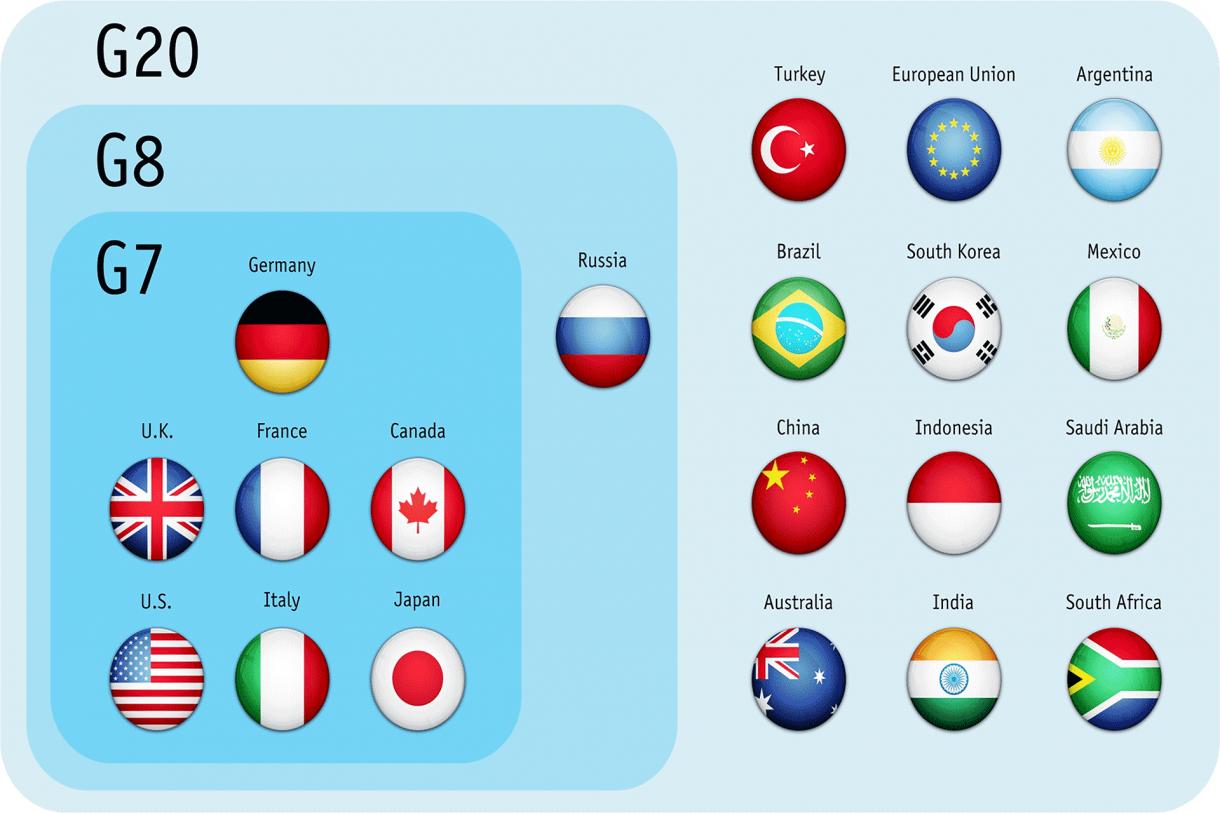
Text & Context: HAP to take AI governance global
At, the annual G-7 Summit, hosted by Japan, the G-7 Hiroshima Leaders' Comminiqué initiated the Hiroshima AI Process or HAP.
Text & Context: HAP to take AI governance global
At, the annual G-7 Summit, hosted by Japan, the G-7 Hiroshima Leaders' Comminiqué initiated the Hiroshima AI Process or HAP. It is an effort by the bloc to determine a way forward to regulate artifical intelligence.
The key objectives discusses were: "responsible AI" and global AI governance. The group reaffirmed its commitment to promote human-centric and trustworthy AI based on the OECD principles, and to foster collaboration to maximize the benefits brought by the technology.
The communique said it is determined to work with others to "advance international discussions on inclusive AI governance and interoperability" to achieve common goals, while it also recognized the divergent views among members.
In this respect, it established the HAP, through a G7 working group, in cooperation with the OECD and
GPAI (Global Partnerhsip on AI) for discussions on generative AI. These would include topics such as "governance, safeguard of intellectual property rights, promotion of transparency, response to foreign information manipulation, including disinformation, and responsible utilisation of these technologies"
The HAP is likely to conclude by December 2023.
It is a notable process in the global discussion surrounding AI, since it seeks that its implementation must be aligned with values such as freedom, democracy and human rights. Apart from accountability, and safety, the process accounts for the importance of involving multi-stakeholders to ensure fairness and transparency.
HAP can also be of help in the controversial question on the relationship between AI and Intellectual Property Rights. The process can bring greater clarity on the 'fair use' doctrine in the use of AI for various processes.
Overall, the establishment of the HAP makes one thing clear: AI governance has become a truly global issue and this calls for multi-stakeholder processes.
• G-7
It is an intergovernmental organization that was formed in 1975.
The bloc meets annually to discuss issues of common interest like global economic governance, international security and energy policy.
The G7 countries are the UK, Canada, France, Germany, Italy, Japan and the US.
All the G7 countries and India are a part of G20.
The G7 does not have a formal charter or a secretariat.
